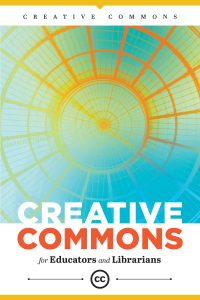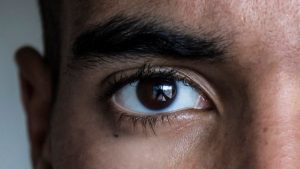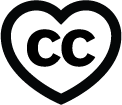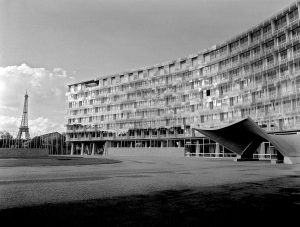In just over a year, we’ll celebrate our 20th anniversary—and although this is the perfect time to reflect on our history, we’re also looking to the future by improving our products and services in order to serve you better.
With that in mind, we’re excited and proud to announce that we’ve been awarded an Amazon Web Services (AWS) Imagine Grant—a public grant for non-profit organizations that are “using technology to solve the world’s most pressing challenges.”
As recipients of this grant, we’ll receive $100,000 in unrestricted financial support and $25,000 in AWS promotional credits, as well as training, marketing, and technical support to improve CC Search and the CC Catalog API through image recognition and machine learning (ML).
How we’re going to improve CC Search
We believe that CC Search and the CC Catalog API will drive greater use of openly licensed content and public domain works across the Web, but we know its capabilities can be vastly improved, particularly in regards to cataloguing and discoverability.
That’s why our technical team will use the AWS Imagine Grant to apply artificial intelligence (AI) image analysis and machine learning (ML) technology to enhance the metadata of the openly licensed content that we’ve indexed, starting with 100 million of the highest quality images in our database.
“By making these improvements, we want to build the foundation for better discoverability and curation of openly licensed works…”
Currently, CC Search is powered entirely by manually entered data, but this system has its limitations. For example, users might tag an image with a few descriptive words or none at all. However, with the application of metadata enhancements, a significant number of openly licensed images integrated into CC Search will come with a robust, searchable list of descriptive language. This additional language will not only help our algorithm surface more interesting content, but also make it easier for users to find specific types of content. This data will also be available through the CC Catalog API for use in other applications.
“By making these improvements, we want to build the foundation for better discoverability and curation of openly licensed works, as well as contribute to the body of openly licensed works online by making this data available to everyone,” explained Director of Engineering Kriti Godey, “Through sharing our source code, infrastructure, and data, we’re helping to strengthen the global commons, which is what CC is all about.”
What’s next?
Our technical team will be working on this project over the next few months, with the goal of completing the improvements by the end of 2020.
Of course, as we embark on this project, we want you to be involved. Please follow CC Open Source on Twitter, check out the CC Open Source blog, join #cc-usability in the CC Slack, or keep an eye on the Active Sprint and Backlog in GitHub for the latest technical updates, as well as open calls for research volunteers and more.
We’re incredibly excited for this next phase of CC Search and the CC Catalog API, and sincerely grateful to AWS for helping us move it forward. We would also like to send congratulations to the other recipients and runner-ups of the AWS Imagine Grant. Here’s to the future!
The post Creative Commons Receives an AWS Imagine Grant to Improve CC Search appeared first on Creative Commons.
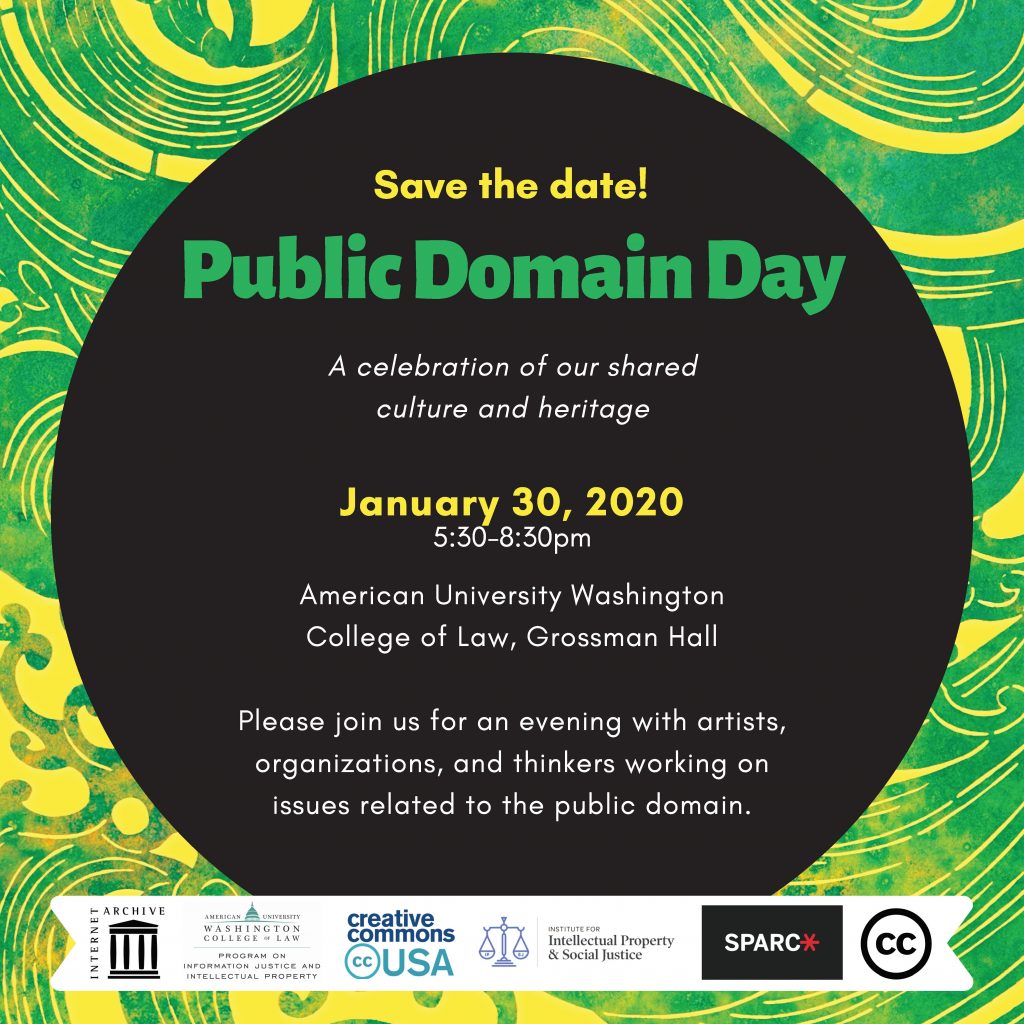 Creative Commons is thrilled to announce that the second Public Domain Day celebration is happening on January 30, 2020 in Washington, D.C. We’re working with our friends at the Internet Archive, the Program on Information Justice and Intellectual Property at American University Washington College of Law, Creative Commons USA, the Institute for Intellectual Property & Social Justice, and SPARC to put together a terrific line-up of artists, organizations, and thinkers working on issues related to the public domain.
Creative Commons is thrilled to announce that the second Public Domain Day celebration is happening on January 30, 2020 in Washington, D.C. We’re working with our friends at the Internet Archive, the Program on Information Justice and Intellectual Property at American University Washington College of Law, Creative Commons USA, the Institute for Intellectual Property & Social Justice, and SPARC to put together a terrific line-up of artists, organizations, and thinkers working on issues related to the public domain.